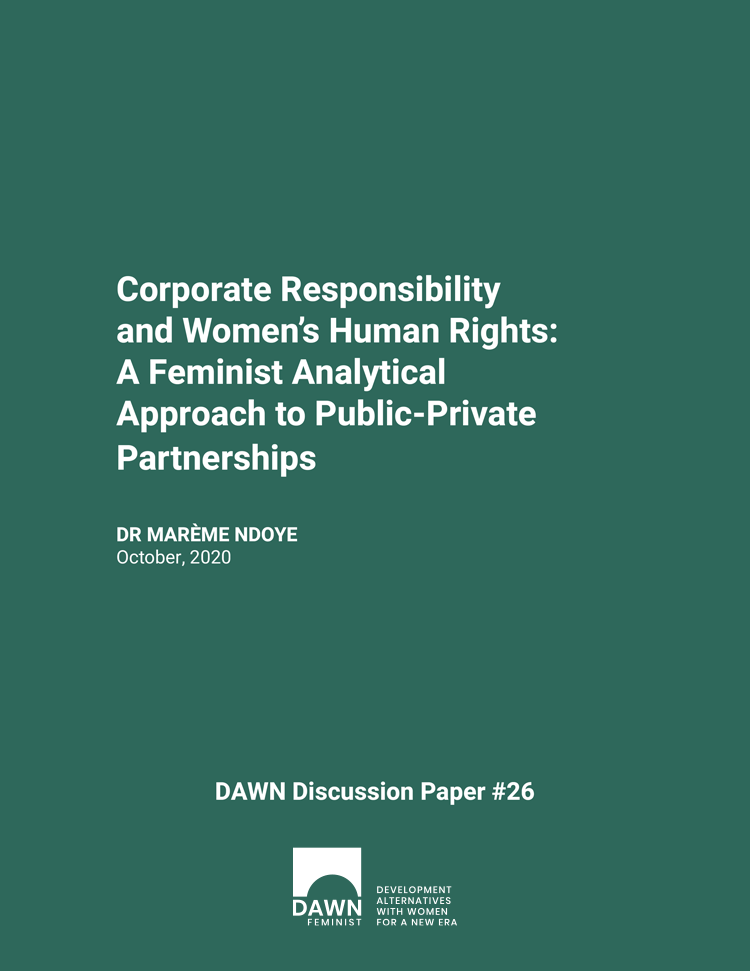Prepared by Flora Partenio
The School of Feminist Economics is a training space to socialise analysis and tools for the construction of critical perspectives on the interrelationships between economic dynamics, gender, class, race and ethnic relations, and the mechanisms of inequality reproduction.
During the last 3 years, DAWN has worked towards a process of collective statements together with political and social organizations, feminist networks, unions and educational organizations based on feminist pedagogies. These spaces have been organized mainly around exchanges in Spanish and Portuguese, such as the production of collective documents, statements, audiovisual productions, publications, training materials and so on. For this reason, most of the materials presented during the first stage of the School are in Spanish.
From the feminist economy perspective, the School of Feminist Economics (SFE) intends to be a space for reflection. Its main themes are primarily focused on the conditions of global financial capitalism, corporate capture, the digital economy, the financing of public policies, the future of work and feminist experiences of resistance. At the same time, it aspires to multiply feminist pedagogies’ training spaces for activists. In the current context of resistance in a fierce world, this will help to strengthen dialogue and the connection between analysis and social mobilization.
The School is coordinated by Corina Rodríguez Enríquez and Flora Partenio, both members of DAWN’s Executive Committee. The first edition of the School of Feminist Economics—”Narratives and resistance to financial capitalism and the power of corporations”—was held within the framework of the “G20/IMF Out! Global Action Week” in November 2018. This experience was building on previous work and collective articulation, including The Peoples’ Summit “WTO Out! Building Sovereignty” and The Feminist Forum Against G20. This initiative was promoted by DAWN and co-organized by a series of feminist organizations from Latin America and the Global South. Subsequently, and within the framework of the World Social Forum of Transformative Economies, DAWN launched the website of the School of Feminist Economics.
The virtual site of the School is a pedagogical space that opens access to training resources and feminist self-training, to share, download audio visuals and disseminate readings that allow for further reflection. The launch of the website retraces the path travelled up to this point with ally organizations and feminist activists from different countries. It is the start of a new cycle of collective work in the face of the challenges of the current scenario marked by the impacts of the pandemic.
In this training and self-learning space, one will find a series of thematic modules focused on analysis from a feminist economy perspective:
- The conditions of development and reproduction of global financial capitalism.
- The modalities acquired by the new international social-sexual-racial division of labour and its effects on working conditions.
- The gender marks of corporate crimes committed by trans-nationalized capital.
- The discussion of illicit financial flows (IFF) and its impacts on gender justice and social justice.
- Critical analysis around the narratives on financial inclusion and labour inclusion of women through the paradigm of “entrepreneurship”.
- The conditions of the global expansion of data extractivist capitalism, digital commerce and platform work.
- Access to and investment in public services, and the financing of public policies in countries of the North and South.
- The articulation of public debt with domestic debt.
- Feminist experiences of resistance against the advance of fascism and racism; feminist practices of autonomy and self-management; the union and feminist organization in the face of the advance of labour reforms.
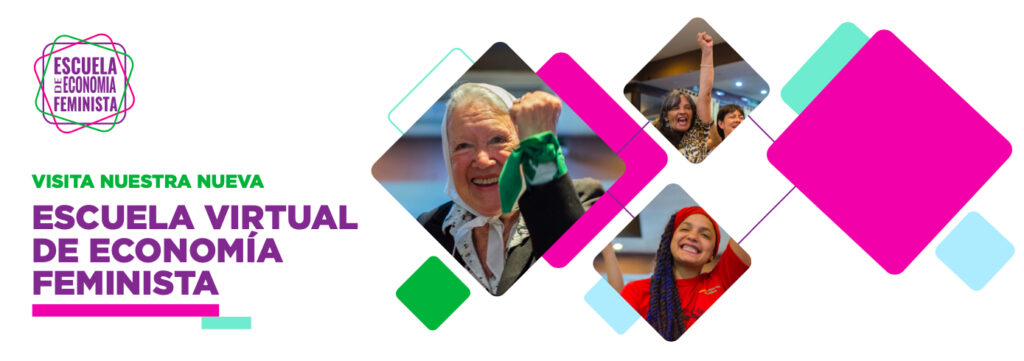
For content about the school in Spanish see:
La Escuela de Economía Feminista se propone abrir un espacio de formación para socializar análisis y herramientas para la construcción de perspectivas críticas sobre la interrelación entre la dinámica económica, las relaciones de género/clase/raza/etnia y los mecanismos de reproducción de la desigualdad.
The New Normal in Dispute: Transformative Proposals from the Solidarity & Feminist Economy
The School of Feminist Economicsrelated items
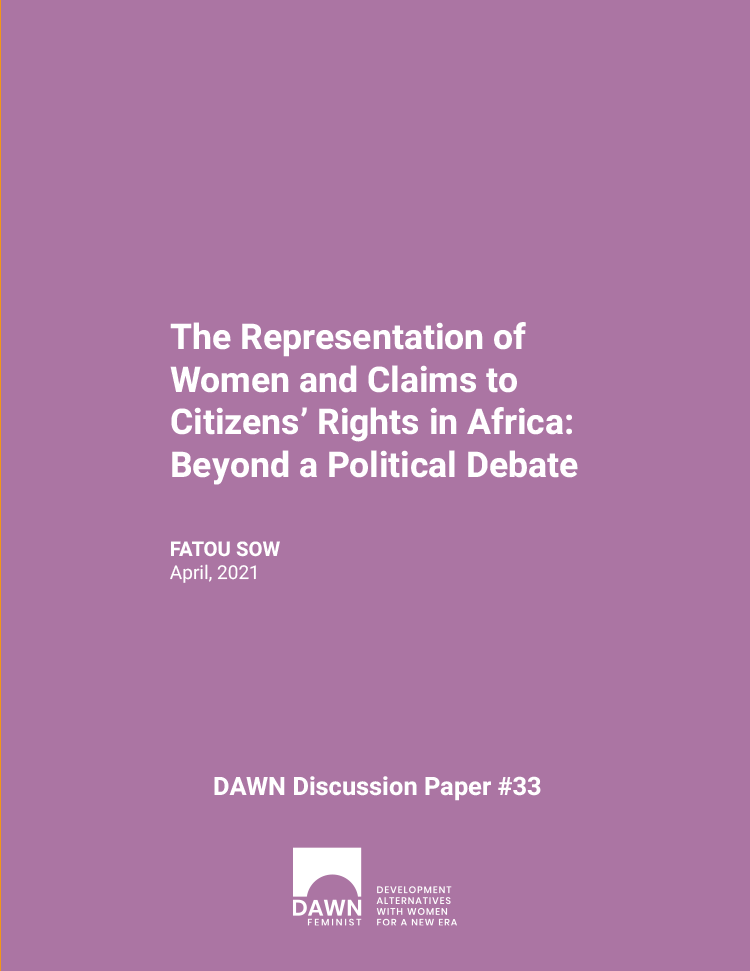
The Representation of Women and Claims to Citizens’ Rights in Africa: Beyond a Political Debate
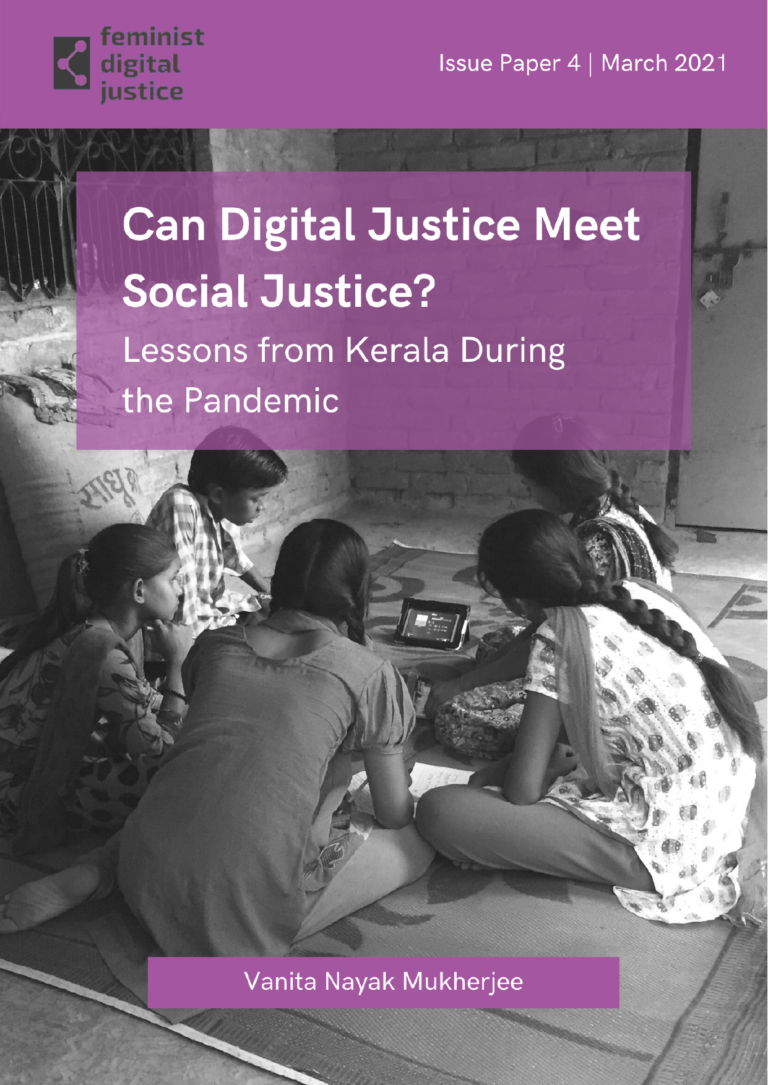
Can Digital Justice Meet Social Justice?
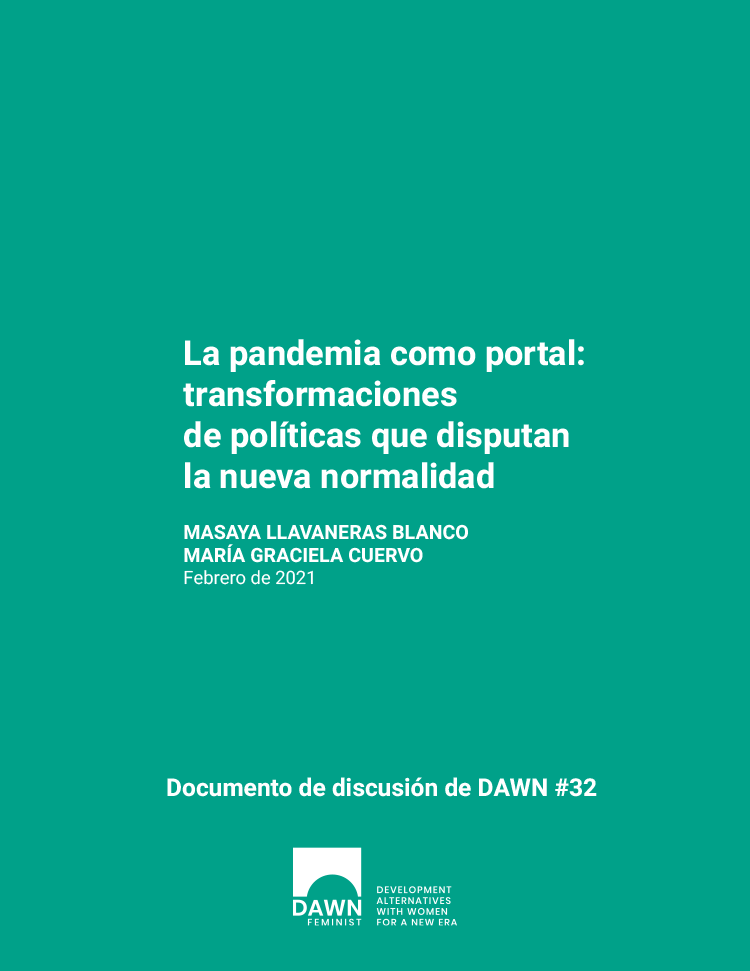
La pandemia como portal:
transformaciones de políticas que disputan la nueva normalidad
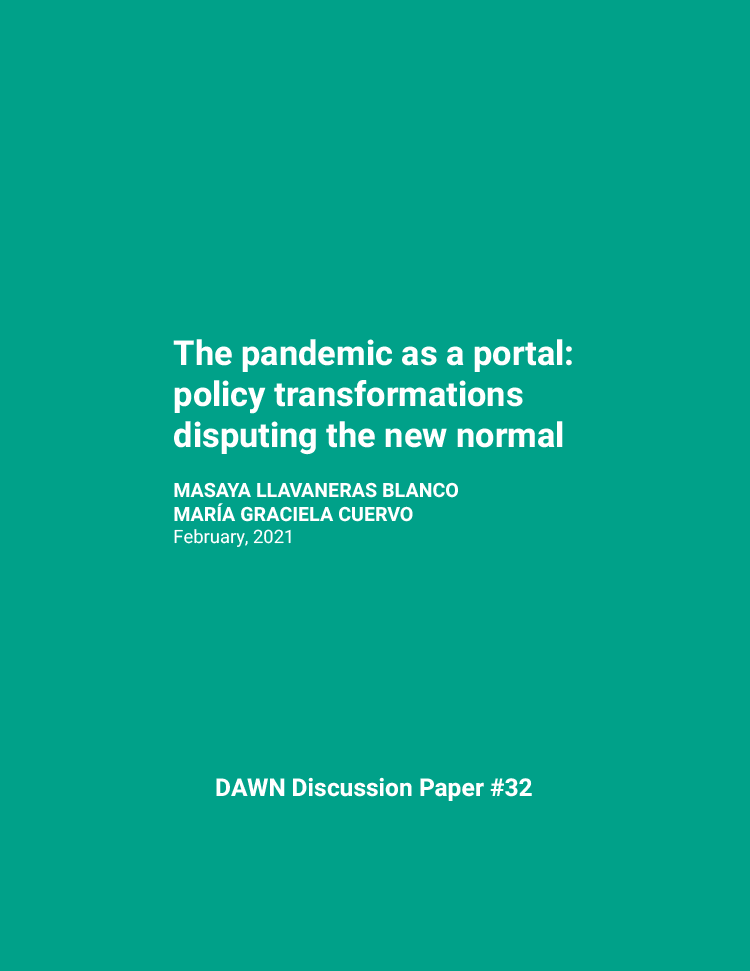
The pandemic as a portal: policy transformations disputing the new normal
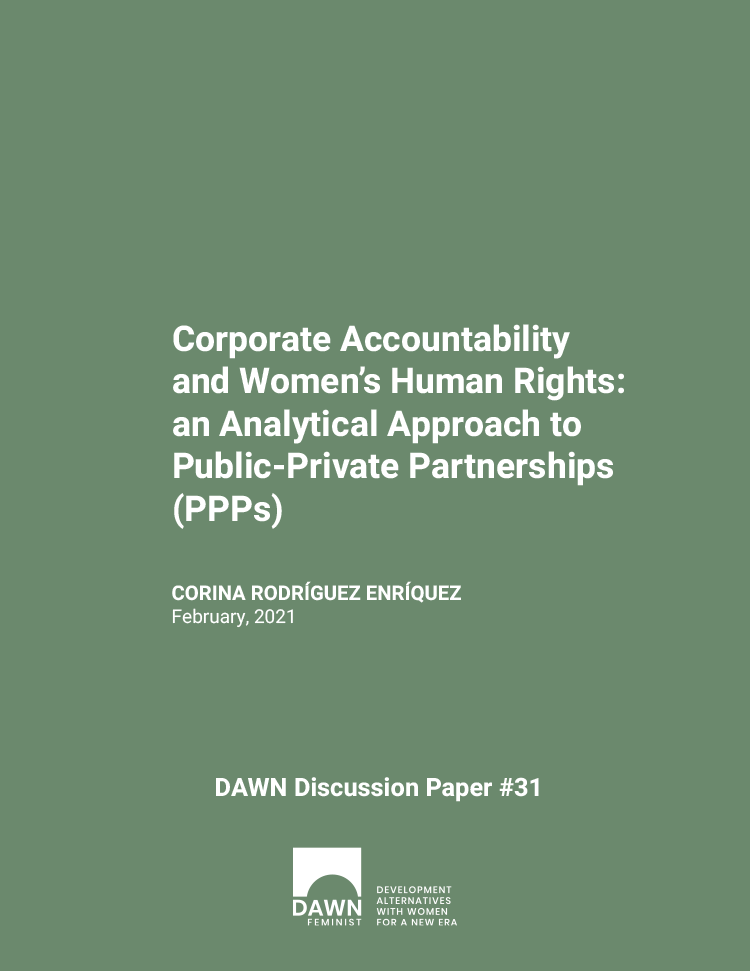
Corporate Accountability and Women’s Human Rights:an Analytical Approach to Public-Private Partnerships (PPPs)
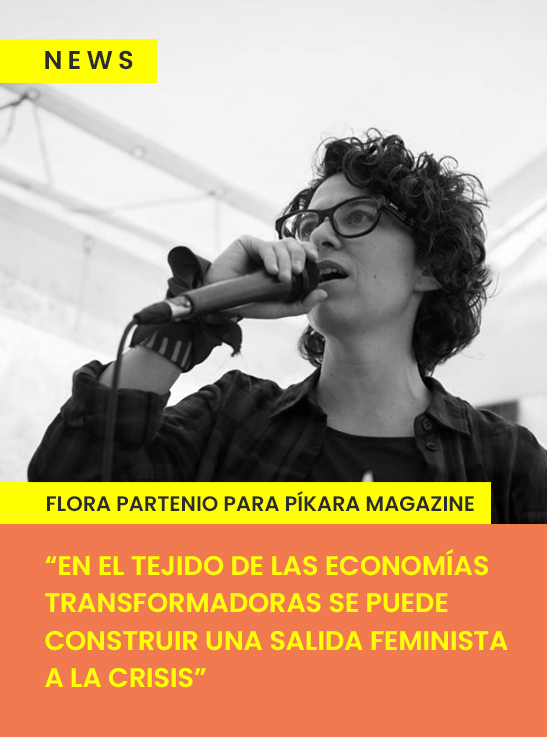
“En el tejido de las economías transformadoras se puede construir una salida feminista a la crisis”
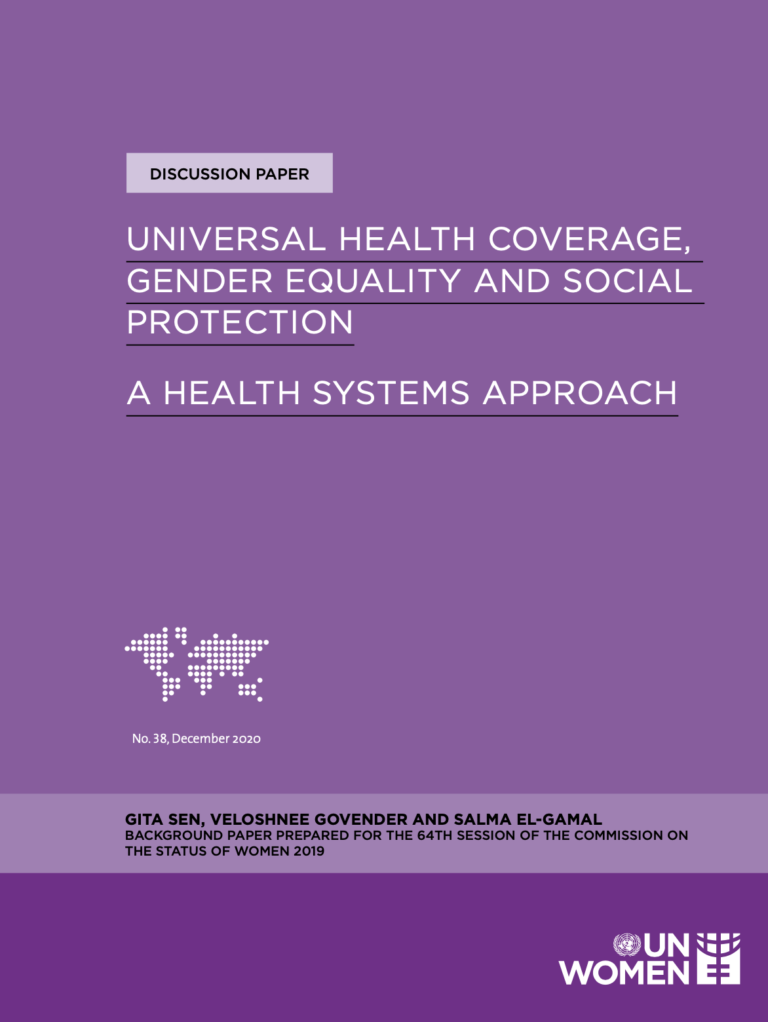
Universal Health Coverage, Gender Equality and Social Protection: a Health Systems Approach
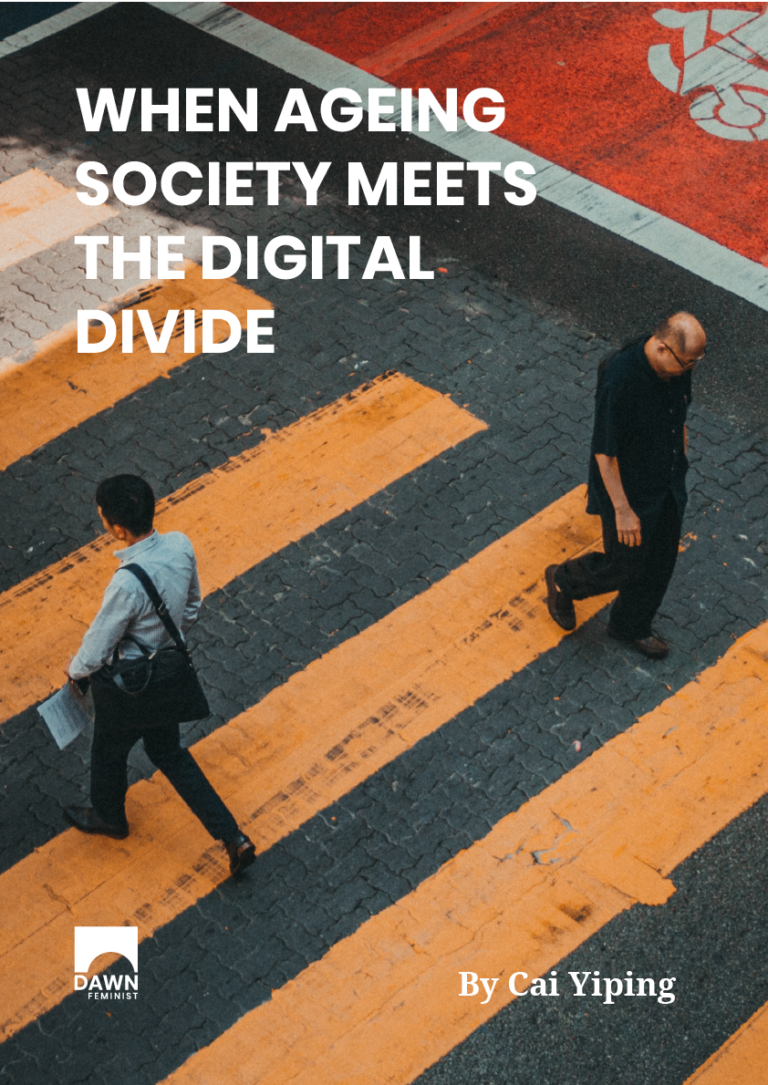
When ageing society meets the digital divide
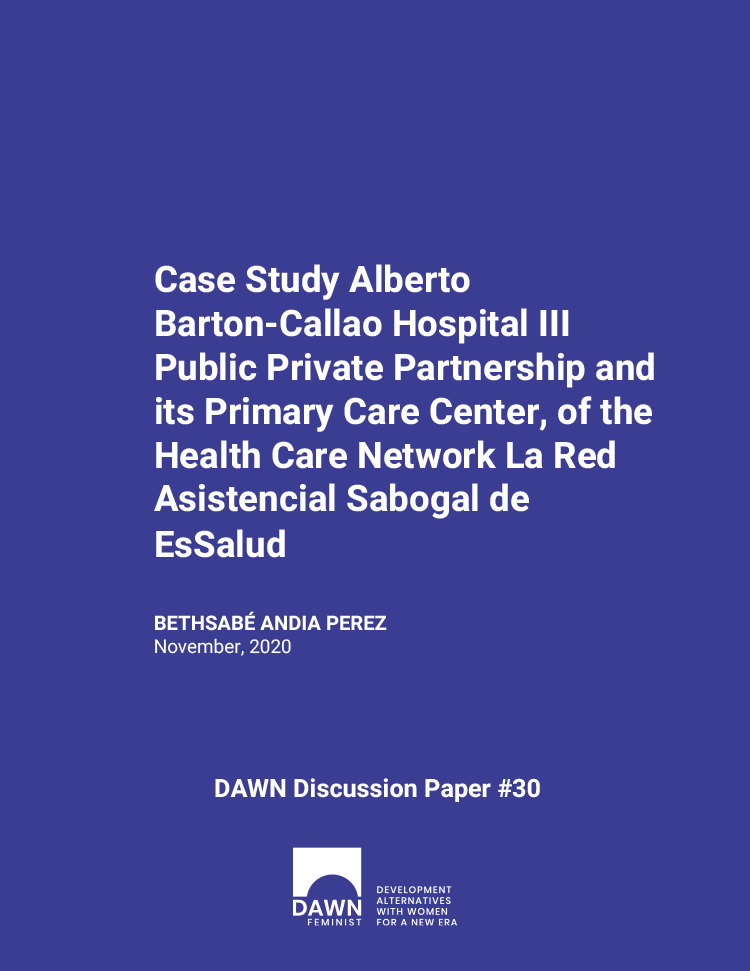
Case Study Alberto Barton-Callao Hospital III Public Private Partnership and its Primary Care Center, of the Health Care Network La Red Asistencial Sabogal de EsSalud
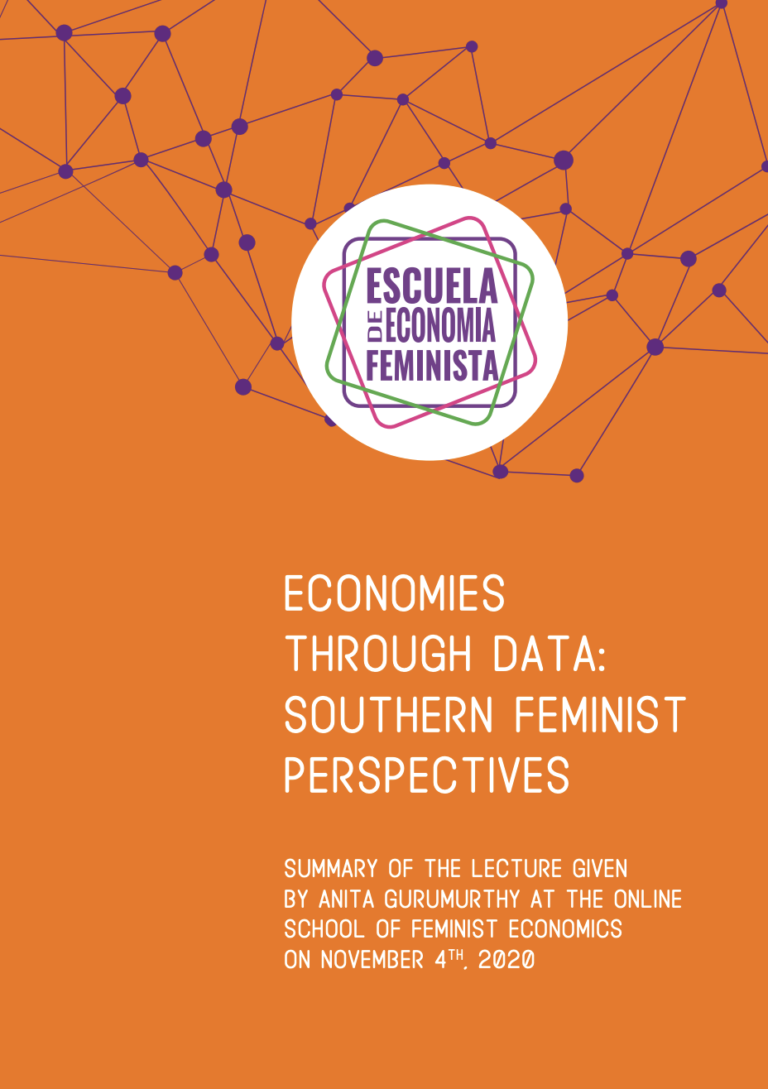
Economies Through Data
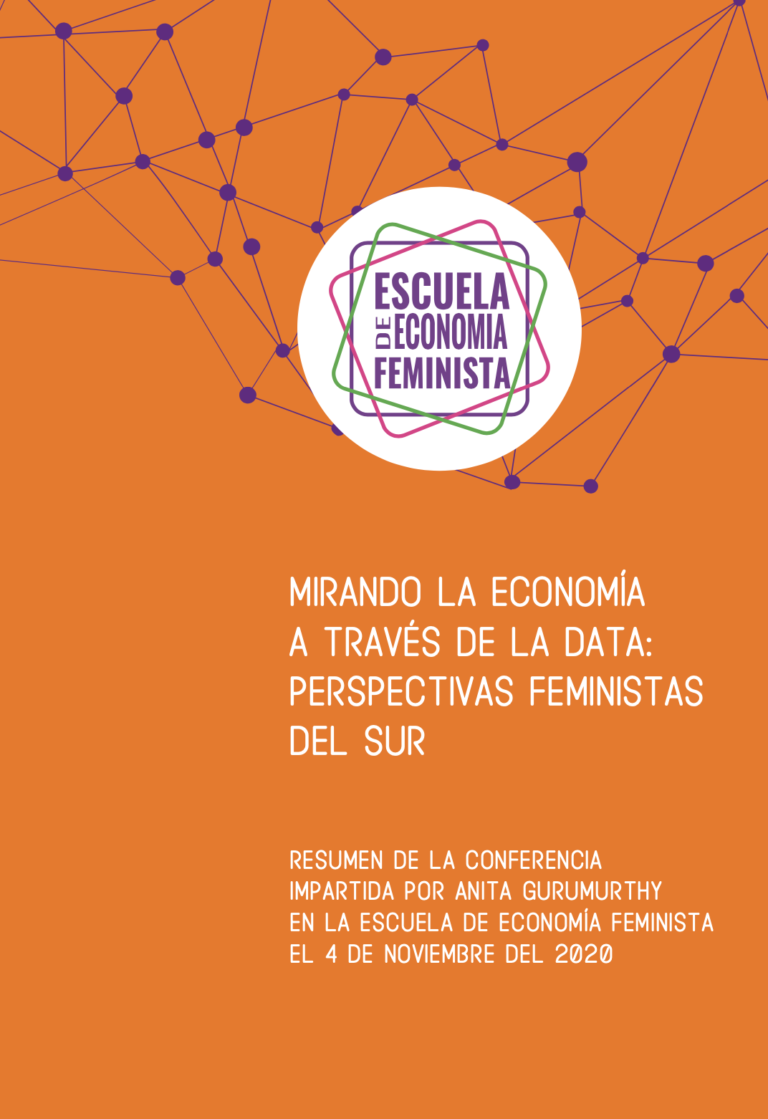
Mirando las economías a través de la data: perspectivas feministas del sur
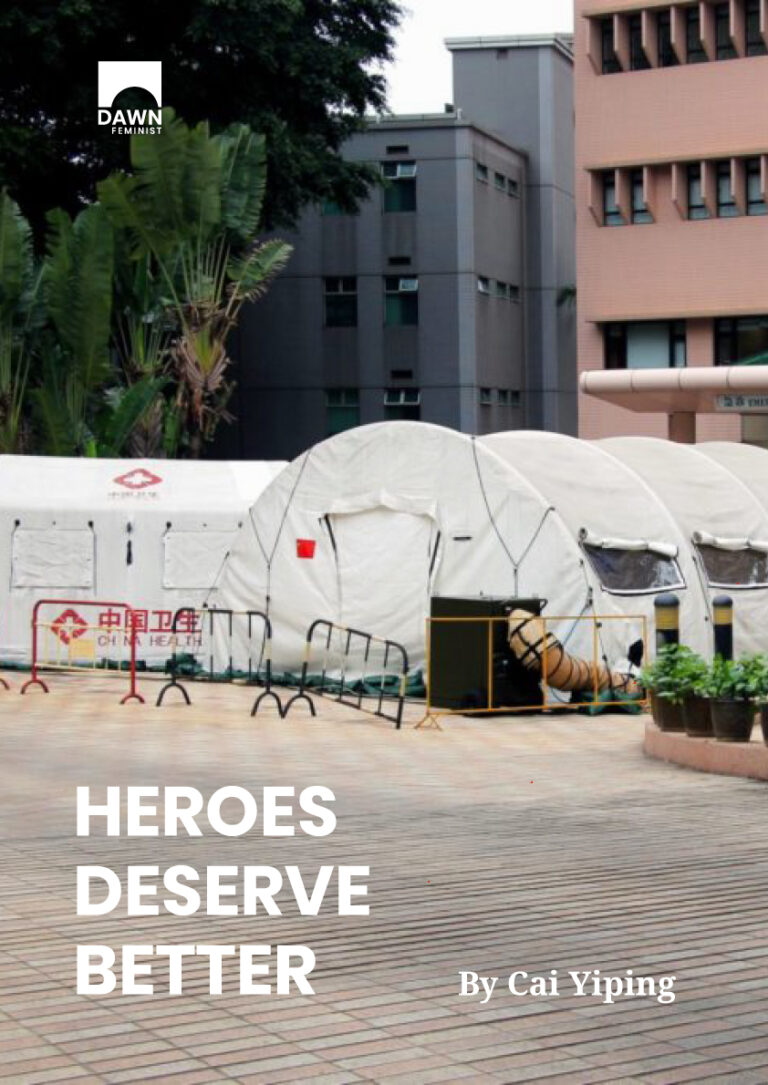
Heroes deserve better
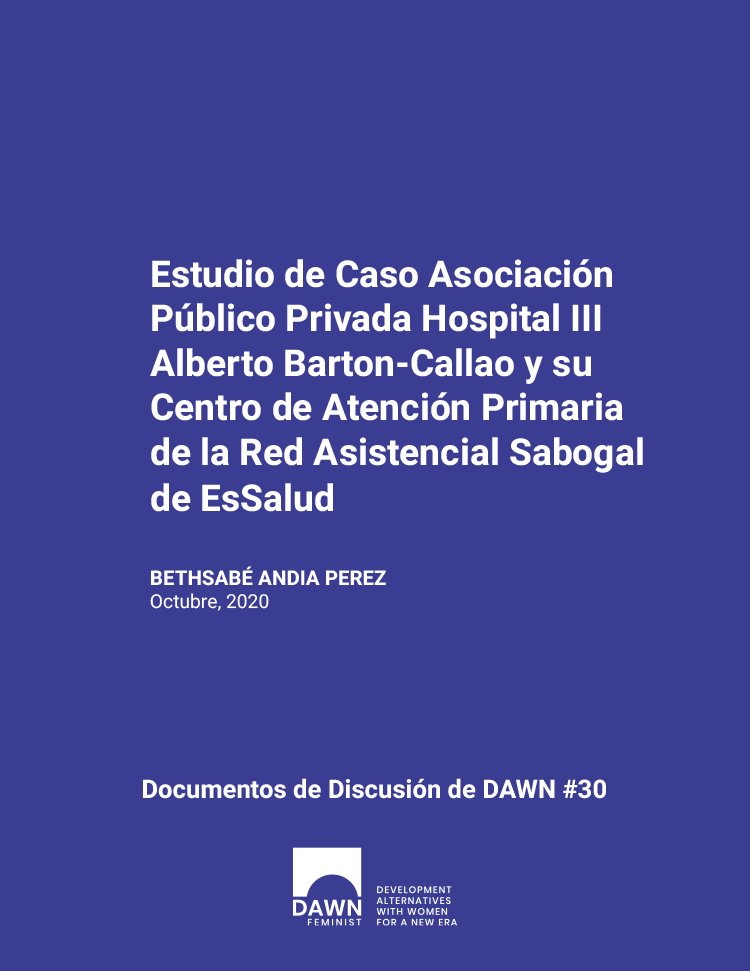
Estudio de Caso Asociación Público Privada Hospital III Alberto Barton-Callao y su Centro de Atención Primaria de la Red Asistencial Sabogal de EsSalud
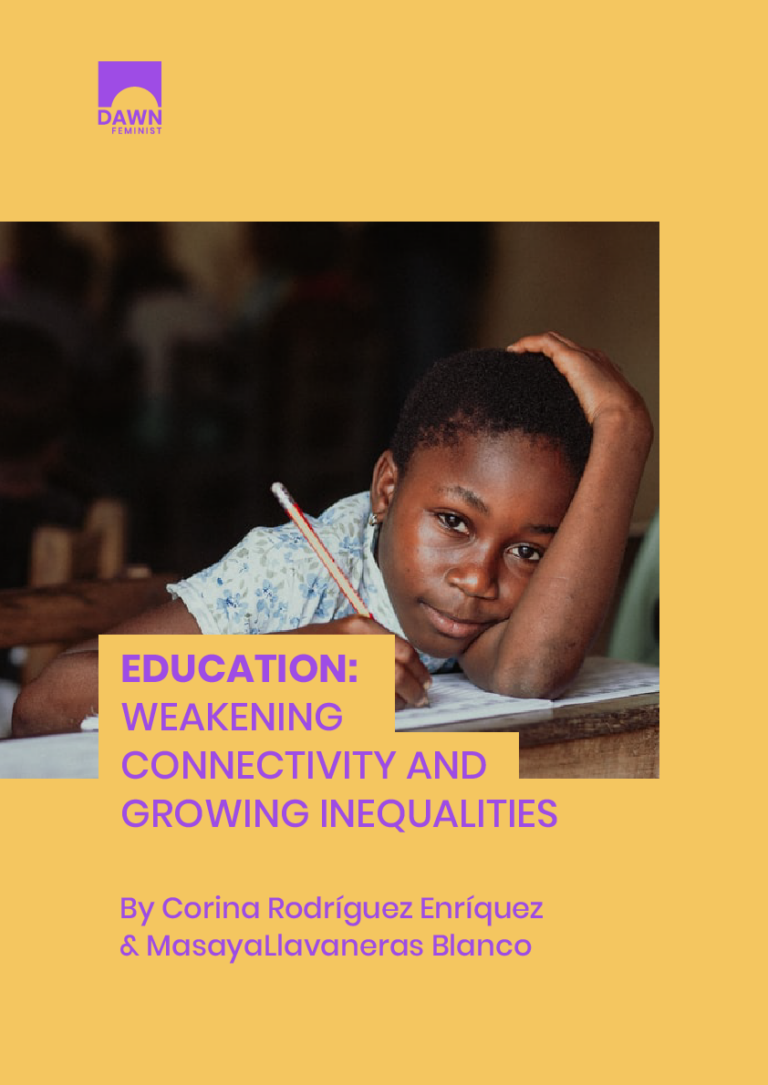
Education: Weakening Connectivity and Growing Inequalities
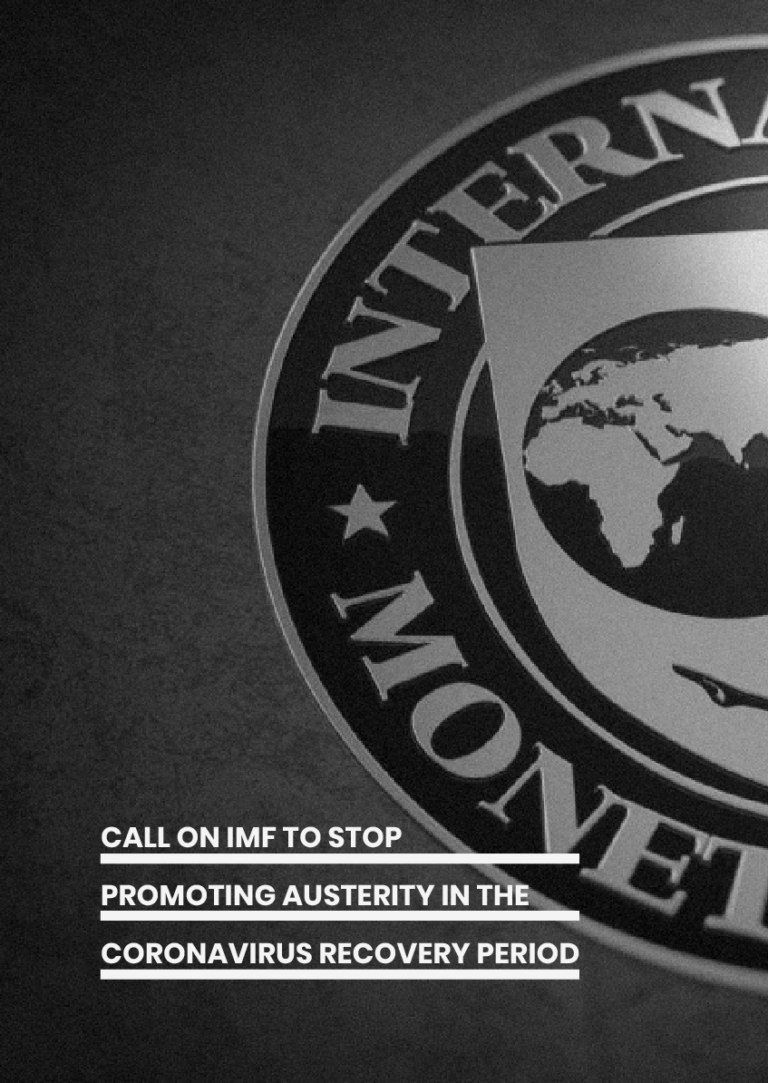
Call on IMF to stop promoting austerity in the Coronavirus recovery period
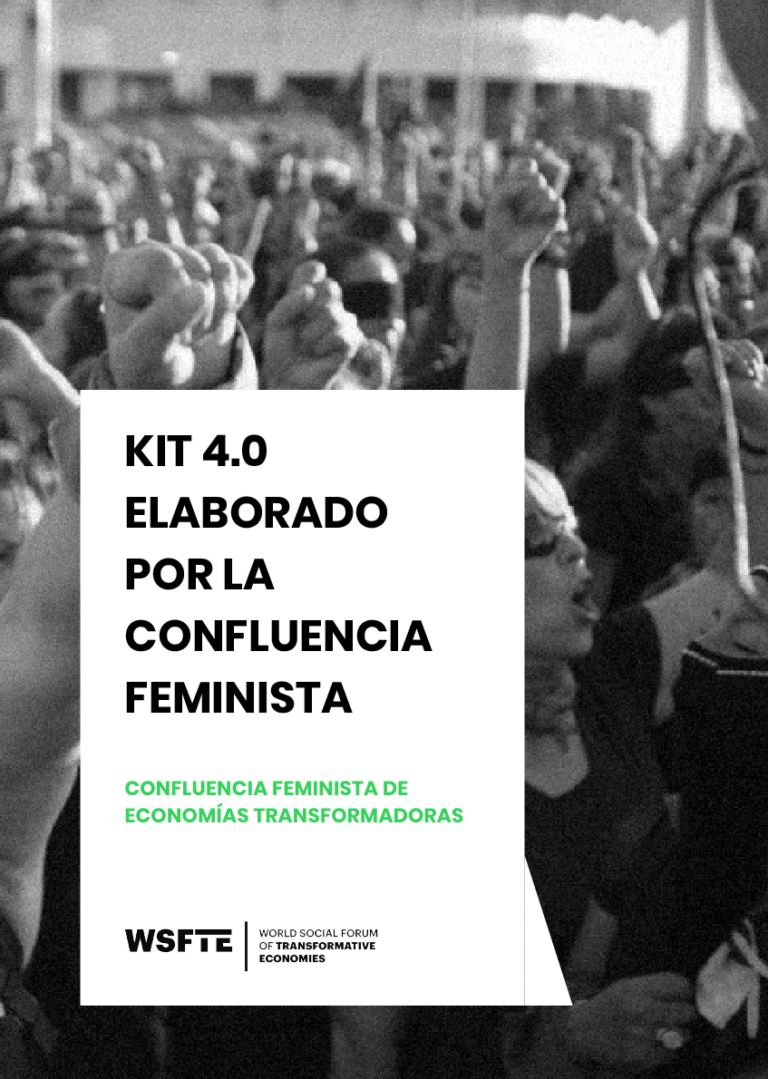
Kit 4.0 Elaborado por la Confluencia Feminista
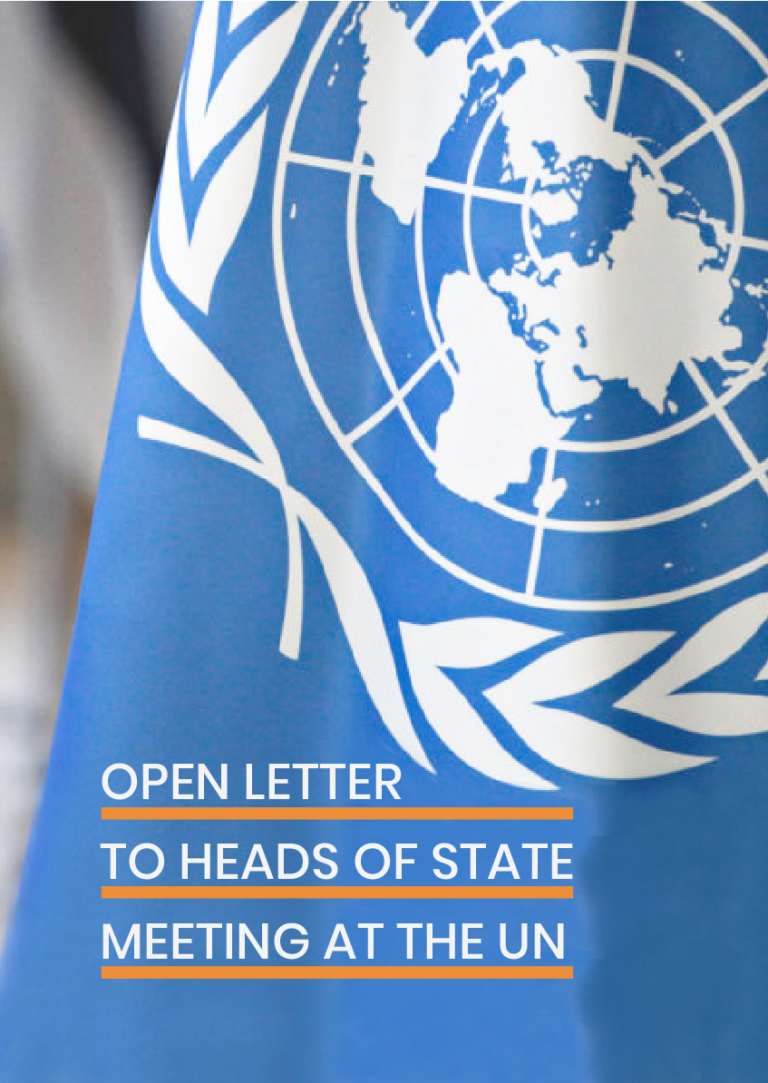
Open Letter to Heads of State Meeting at the UN
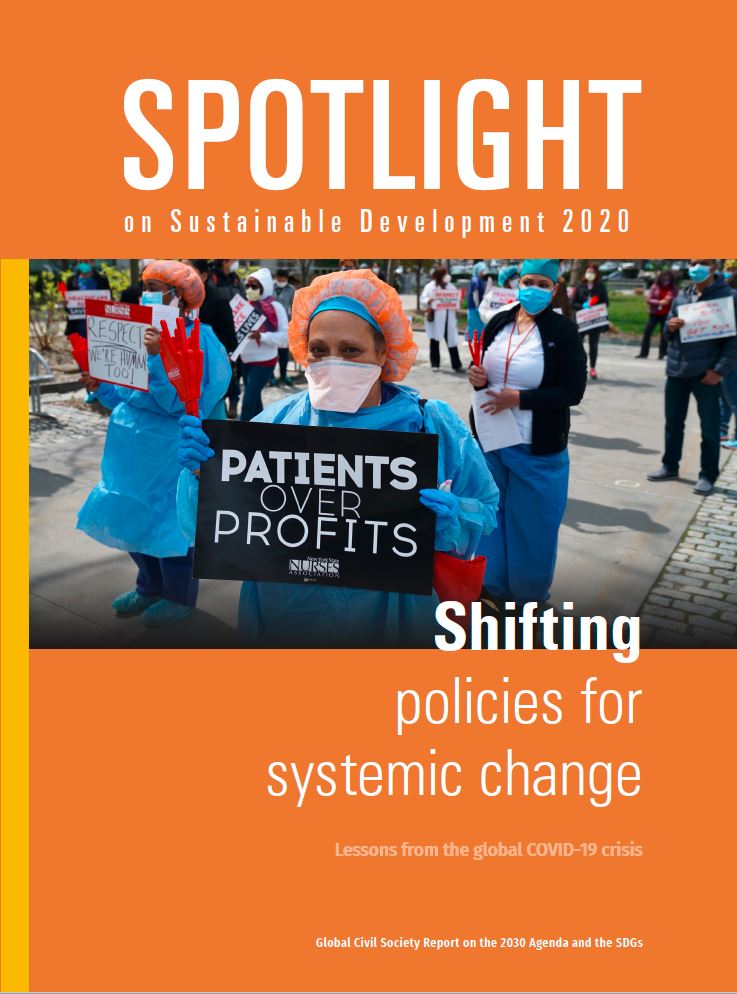
Spotlight Report 2020: Shifting policies for systemic change
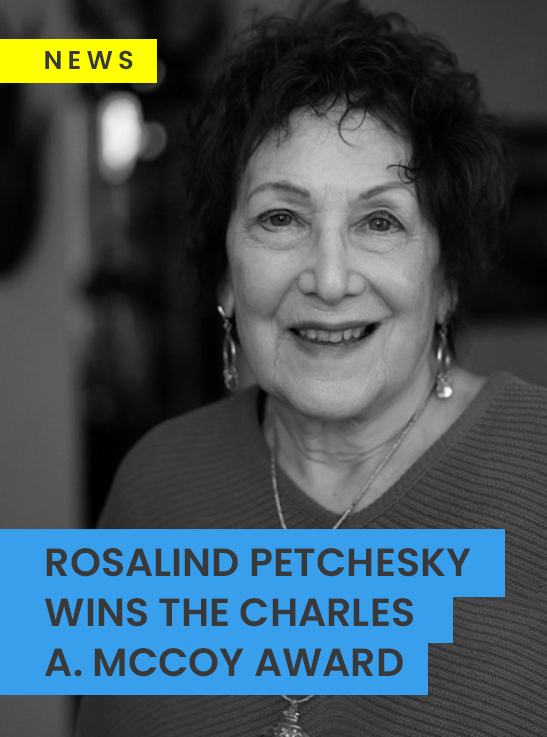
Rosalind Petchesky wins the Charles A. McCoy Award
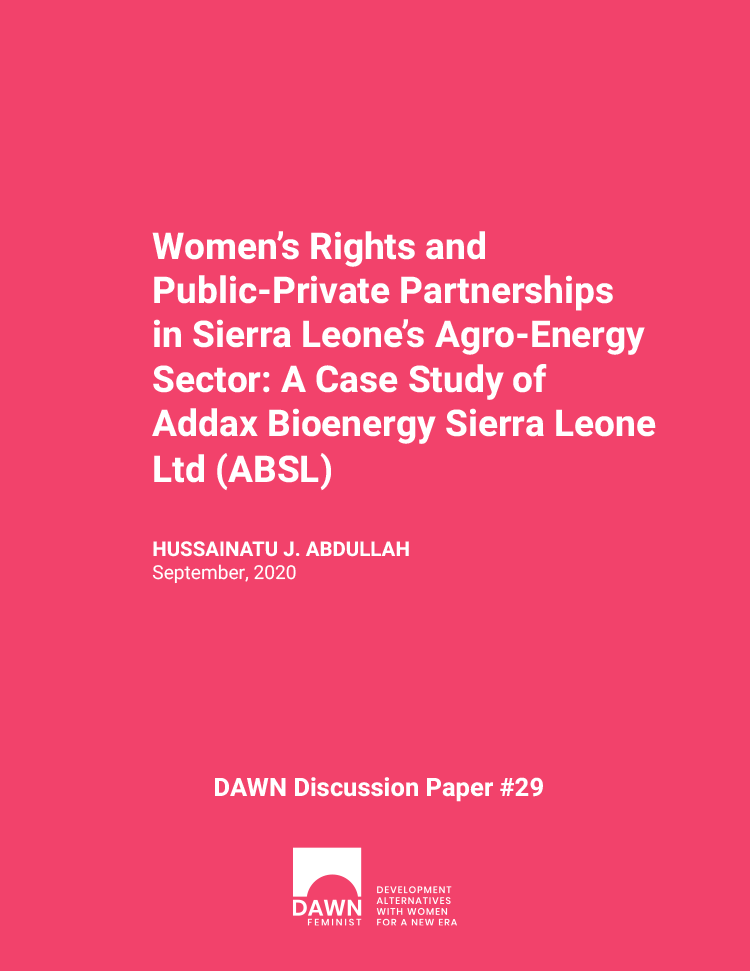
Women’s Rights and Public-Private Partnerships in Sierra Leone’s Agro-Energy Sector: A Case Study of Addax Bioenergy Sierra Leone Ltd (ABSL)
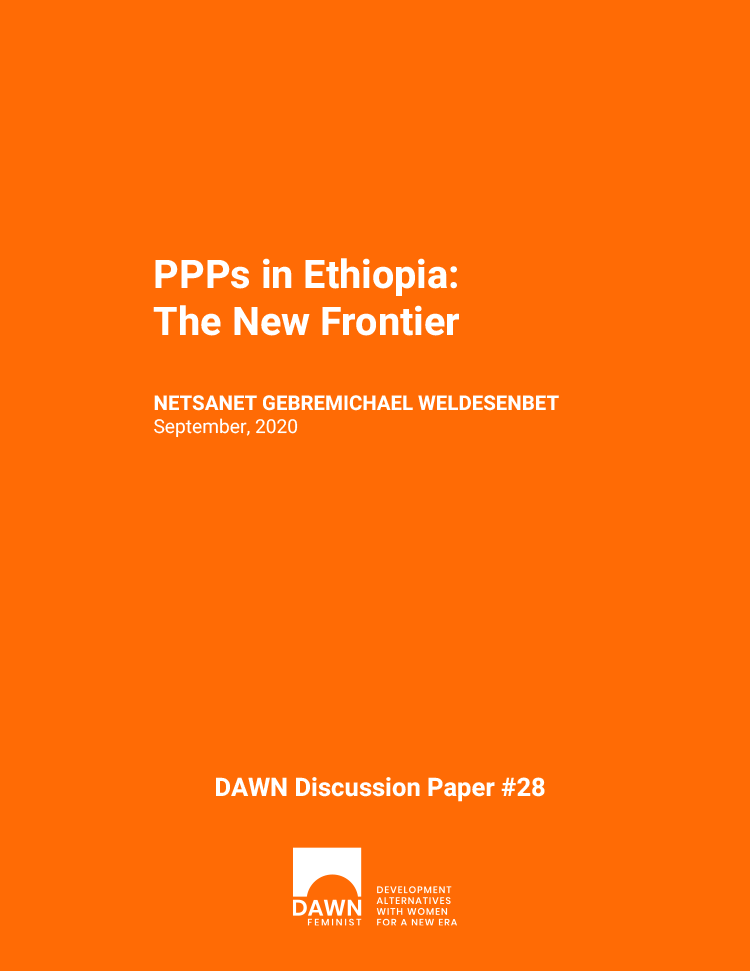
PPPs in Ethiopia: The New Frontier
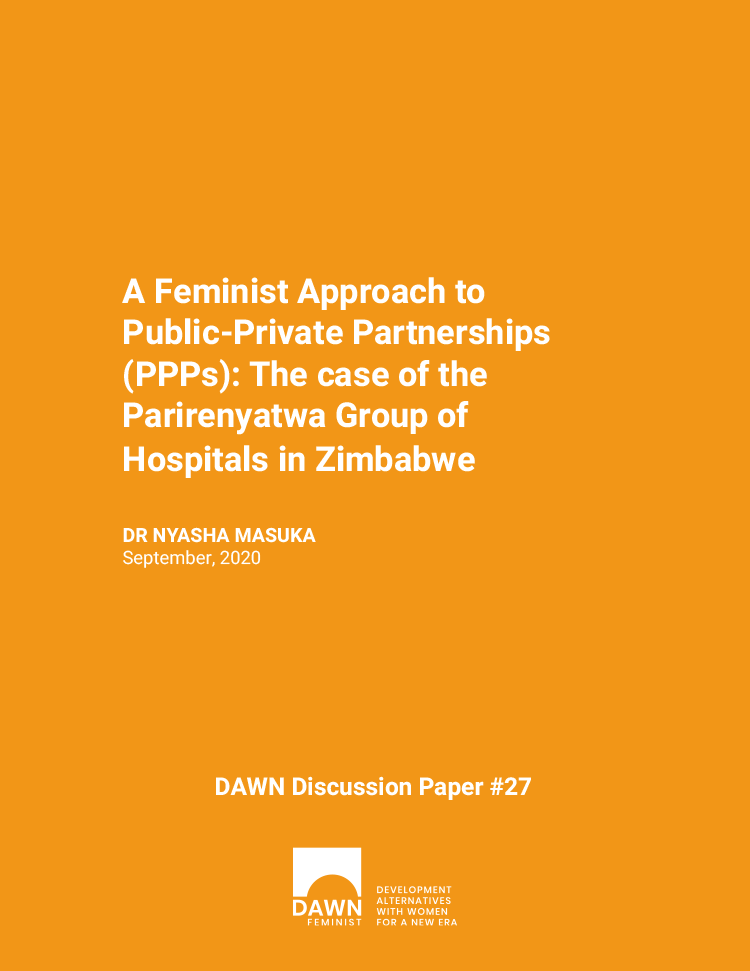
A Feminist Approach to Public-Private Partnerships (PPPs): The case of the Parirenyatwa Group of Hospitals in Zimbabwe

Responsabilité des enterprises et droits humains des femmes: une approche analytique féministe des partenariats public-privé (PPP)
